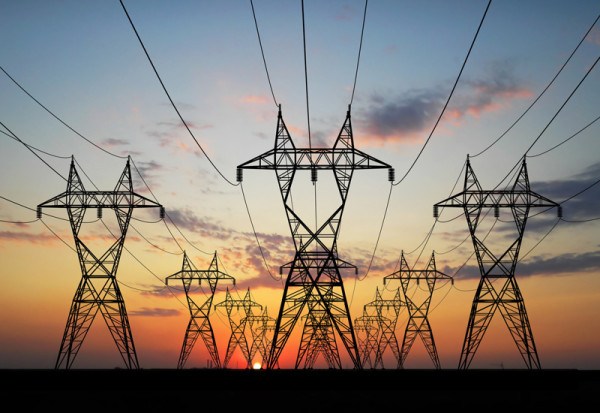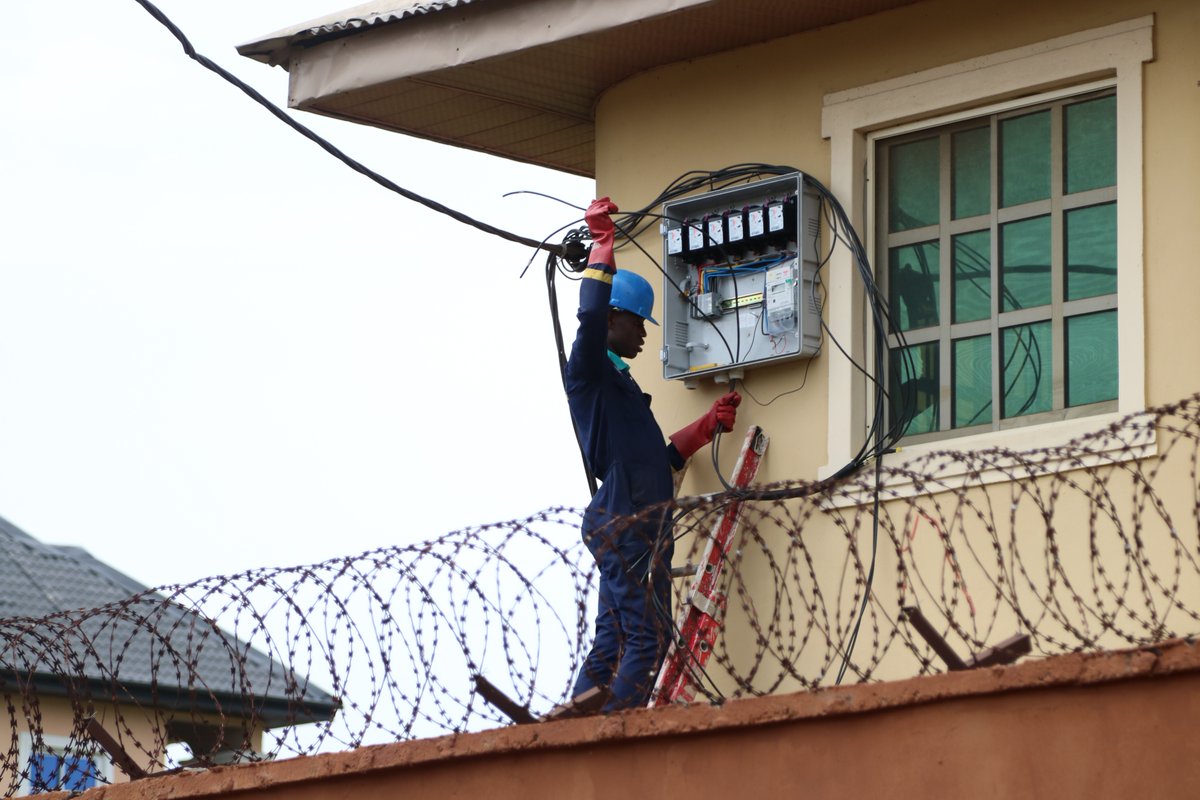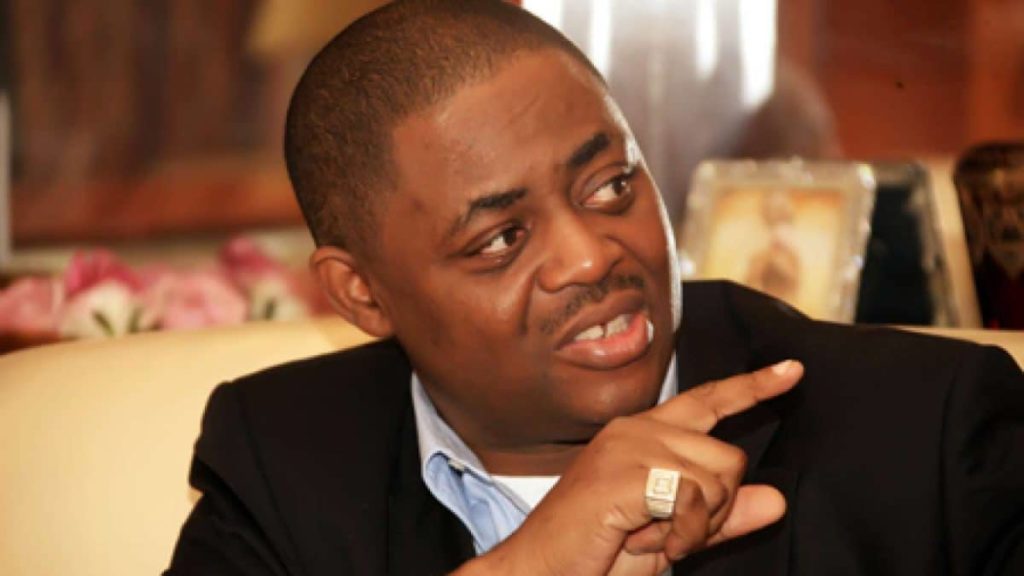NERC’s failure to act, TCN, DISCOs obsolete infrastructure others threaten power sector’s devt – Investigation
No clear sight of change in power sector since privatization – GENCOs
By Prince Okafor
The quest to end epileptic power supply in Nigeria may meet a dead-end as diverse crisis, which includes, cost-reflective tariff, system collapse, amongst other challenges continue to affect the development of the sector.
Other crisis according to iBrand investigation shows that, ‘handicapped’ regulatory, transmission and distribution constraints, obsolete infrastructure, lack of political will, inconsistent policy and other related deficiencies top the list of challenges affecting the sector.
According to the current power status from the Nigerian Electricity Supply Industry, NESI, peak suppressed load on grid stood at 25,790Megawatts, MW, with current peak generation of 5,375MW, thereby leading to a difference of approximately 21 per cent of the suppressed grid load met.
Going by this report, the value chain (Transmission Company of Nigeria, TCN, Distribution Companies, DISCOs and Generating Companies, GENCOs) in the country, if fully efficient, can deliver about 25, 790 mw of power supply to meet the yearnings of Nigerians.

However, stakeholders are calling on the Federal Government (who owns 40 per cent) to wade into current challenges in the power sector or risk losing investors to other countries.
Corroborating this position in an exclusive chat with iBrandTV, the Executive Secretary, Association of Power Generation Companies, Joy Ogaji, called for the declaration of a state of emergency on the power sector.
Ogaji said: “There have been 75 per cent increment in the available generation capability amounting to about 3169.95MW (4214.32 in 2013 – 7381.00MW in 2019) within this period. It is however sad to know that an increase in available generation capability was not met with increase average generation, i.e. GENCOs were not fully dispatched.
“Thus GENCOs increased available generation capability has not translated to a corresponding increase in power supply to consumers, so consumers in their generalization believe the entire sector has failed. This has become a big challenge and an inhibitor to the NESI, defeating the effort of the GENCOs in recovering unavailable capacities, considering the massive fixed charges incurred to keep such units available.

“I believe that one of the roadblocks is the state of the transmission and distribution networks and infrastructure which are not only weak but also obsolete. For instance, the inability of the transmission company (TCN) to adequately manage the grid, is a challenge to the effectiveness of the power sector. Just this month, there have been two grid collapses.
“In 2019, about 11 grid collapses were recorded. This is a challenge. On the distribution side, the constant load rejection which can be attributed to their poor networks is a challenge; although they claim that the transmission company drops load in areas where they do not want.
“Also, the regulator which is the Nigerian Electricity Regulatory Commission, NERC, has failed in executing its regulatory responsibilities as envisaged by the ESPRA. This could be as a result of several factors such as the operational and technical impediments of the commission and also the fact that there is a big capacity gap in its ability to meet its sector role.

“Another challenge involves gross market indiscipline. The players act as they please, without being called to order. By virtue of S. 62(7) and 75 of ESPRA, NERC is empowered to discipline or penalize any licensee that is contravening or violating the terms and conditions of its license, a role that the commission has continuously proven that it lacks the will power to dispense.
“The laxity on the part of the commission to date has only helped to increase the gross indiscipline in the sector.”
She added that the sector lacks effective monitoring and evaluation mechanism, as a result, it is impossible to effectively evaluate the performance of the players, as “there is also the paucity of data and without reliable and available data, no sector can thrive.
“However, another issue is poor implementation and enforcement of policies and regulations in the Sector. The Power Sector does not lack policies and regulations, what it lacks is the will to enforce these policies and regulations.”
Moreover, she also, added that there was a lack of political will power to drive development in the sector, saying “Where there is no political will, the sector will not progress. What the sector needs are experts appointed apolitically to manage the reforms being put in place and advice the FG on the proper strategies to adapt. It does not stop at just appointing experts, but also allowing them to do their jobs without undue interference or influence.”
Abysmal development since privatization
On sector’s development after six years of privatization, she argued that no clear line of sight as to what has changed in the industry. “DISCOS have failed to fulfil their own part of their contract; thus, making the market suffer serious liquidity crisis. However, same DISCOS who have been in the habit of remitting less than 30 per cent of the invoice of the GENCOS to NBET, are remitting 100 per cent of the Market Operators invoice since May, 2019.
“This is a serious source of concern, as the GENCOS are made to solely manage the industry’s poverty, while government agencies such as NERC, TCN and NBET receive 100 per cent of their market invoices since May, 2019 till date. “Going forward, there should be an improved stakeholders engagement with the Federal Government and regulator.”
DISCOs inefficiency threatens tariffs increment justification
Meanwhile, Ogaji expressed support over Nigerians agitations against tariff hike, saying adequate stakeholders consultations were neglected.
“First, I would like to say that tariff is the only source of revenue for the power sector and so an increase in tariff is only logical if the sector expects to generate more funds. However, the backlash from Nigerians is quite understandable owing to the current reality of the NESI.
“The structure of the MYTO requires NERC to carryout stakeholders’ engagement/consultations in line with the designed framework for price review under Section 76 (7) (a) of the EPSRA. This wasn’t done. Also, service delivery by the DISCOS is still very abysmal, thus an increase in tariff without a commensurate service delivery is simply considered as wrong.
“The DISCOS are the only source of revenue in the market and their failure to fulfil their obligations shouldn’t be used as a punishment for other sector players. Thus, the regulator should focus on enforcing market discipline as provided in S. 62(7) and 75 of ESPRA. Six years after, it is expected that NERC and BPE come out with a report of their performance review and evaluation.
“Notwithstanding all these, the DISCOS seem to have the leeway to persist in their antecedents, without being called to order. Quite recently, there was news of hearings and impending revocation of licenses of erring DISCOS. However, nothing has been heard of the issue. So the issue in the market must be addressed.”

